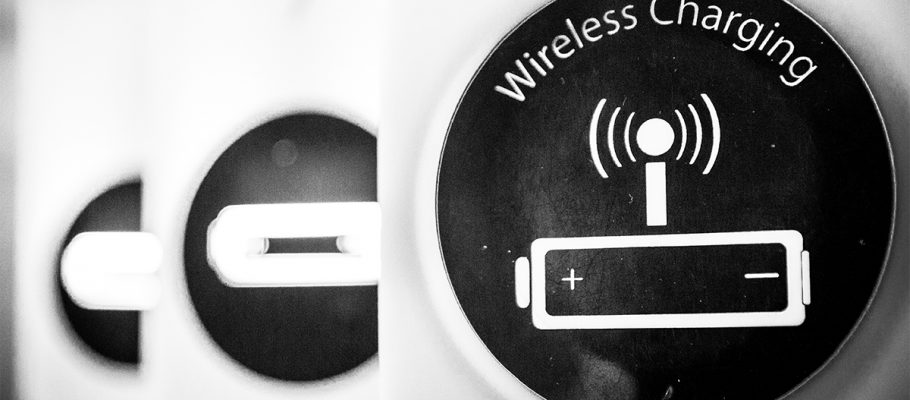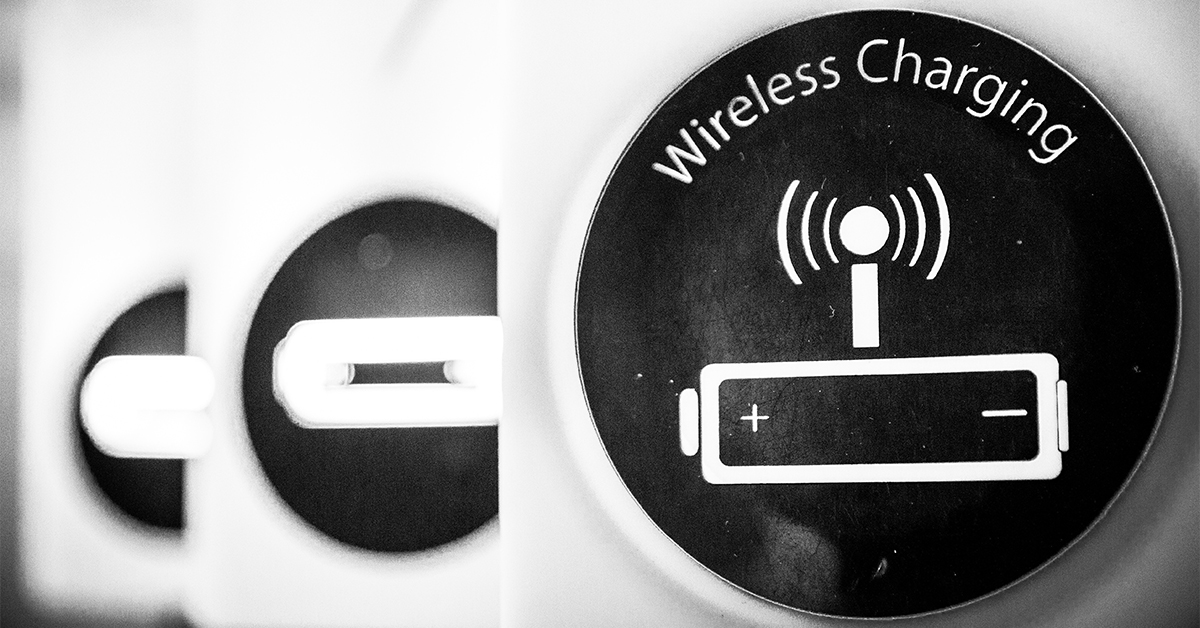In a paper on the state of telecommuting, Telework Research Network acknowledges that the U.S. workforce is increasingly mobile, “but, beyond that broad statement, we know little about the rate of increase in mobility — how often people are out of the office, where they are, and what they’re doing. For that matter, there’s no agreed-upon method of defining who they are.”
Or isn’t there? Ctrip, China’s largest travel agency, joined forces with Nicholas Bloom, an economics professor at Stanford University, in order to find out how telecommuting impacts the worker, the boss, and the business. 250 of Ctrip’s employees volunteered as lab rats in the experiment, with half being deployed at home and half in the office. They found that the benefits were short term.













